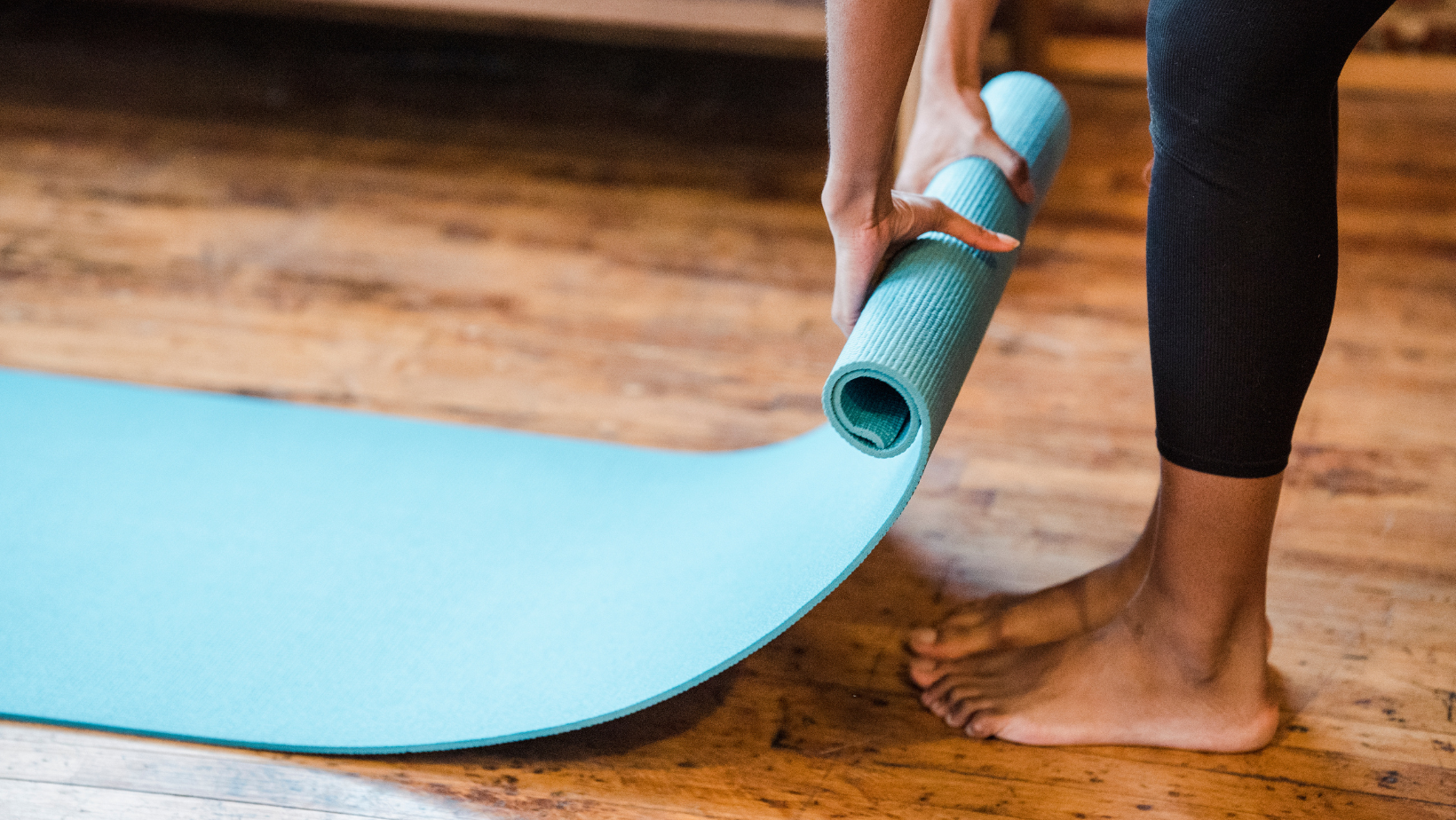Why do Exercise and Menopause Matter?
What are the benefits of exercise for menopause? And just what should we be doing to get maximum benefit from any menopause exercise?
Being sedentary isn’t good for anyone, but much less so, for those going through perimenopause and menopause. We should all be stretching, standing and moving more. Exercising and being active can significantly ease menopause symptoms, making us feel stronger, fitter healthier and happier – improving quality of life and maybe even the length of life!
Heading into perimenopause the body experiences a decrease in oestrogen levels bringing a mix of changes, such as weight gain, hot flushes, bone loss and more.
It’s a non-negotiable that regular exercise can help alleviate some of these symptoms, improve overall health, well-being and contribute to healthy ageing.
What are some of the key benefits of exercise and menopause?
Heart Health: Whilst coronary heart disease is often seen as a middle-aged man’s issue, women In the UK are twice as likely to die of heart disease, as of breast cancer. The Heart Research Institute UK recommend aiming for at least 30 minutes of moderate-intensity physical activity on most days, but any bit of activity helps to get your heart rate pumping, making it work more efficiently.
Weight management: Metabolism can a decrease in menopause leading to weight gain. Regular exercise can help counteract this by burning calories, increasing muscle mass and strengthening bones.
Bone health: Decreased oestrogen levels in menopause can lead to bone loss, increasing the risk of osteoporosis. Weight-bearing exercises - walking, running, and resistance training, can help maintain bone density and reduce the risk of fractures in the future.
Mood boost: Hormonal changes during menopause can lead to mood swings, anxiety and depression. Exercise has been shown to boost mood and improve psychological symptoms.
Hot flush relief: Hot flushes during menopause can be uncomfortable, disruptive and overwhelming. Women who live sedentary lives have been found to have more severe symptoms - exercise has been shown to reduce the frequency and severity of hot flushes.
What type of exercise is best for menopause?
Aerobic exercise: Walking, jogging, swimming, cycling, and dancing are all great forms of aerobic exercise that can help burn calories and improve cardiovascular health.
Resistance training: weight training for menopause and resistance training can help build and maintain muscle mass which can help boost metabolism and maintain bone density.
Yoga and Pilates: These low-impact forms of exercise can help improve flexibility, balance, and core strength, which can be especially important during menopause.
Pelvic floor exercises: Pelvic floor muscles and weaken with reduced oestrogen - specialist exercises that contract and relaxing the pelvic floor muscles, can help improve bladder control and prevent pelvic organ prolapse.
Walking: Something that most of us can do – it’s free, doesn’t need any special kit and can be fitted into a daily routine. The benefits are huge in terms of heart health, strengthening bones & muscles, and reducing the risk of developing conditions such as type 2 diabetes, heart disease and dementia. Aim for 30 minutes of brisk walking and enjoy the double whammy of moving outdoors for a boost to your mental health.
Everyone’s needs and abilities are different - it's a good idea to talk to a healthcare professional before starting a new exercise programme. They can help you determine what types of exercises are best for you and provide guidance on how to build exercise safely and effectively into your daily routine.
Regular exercise can have many benefits during menopause, including weight management, bone health, mood improvement, and hot flush relief. Incorporating aerobic exercise, resistance training, yoga, and Pilates into your routine can help you stay healthy and active and thrive post-menopause. Remember to always listen to your body and make adjustments as needed, and don't hesitate to seek guidance from a healthcare provider if you have any questions or concerns.
Whether exercise is a habit that’s fallen by the wayside, or something you’ve avoided, now is the time to get started and get moving - your future self will thank you.
If you’re looking for specialist menopause fitness expert in your area, check out our Menopause Movement Directory.
April 2023
This blog does not constitute medical advice. Always seek professional medical advice to rule out underlying conditions.



